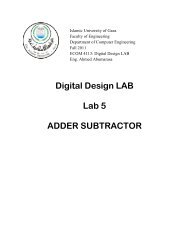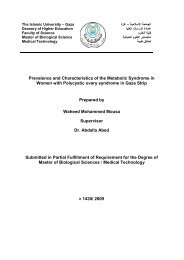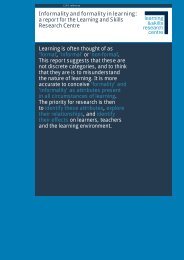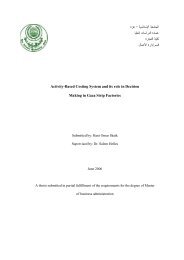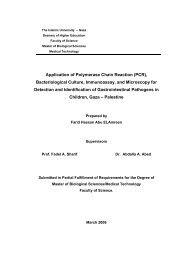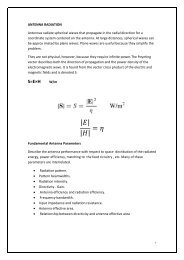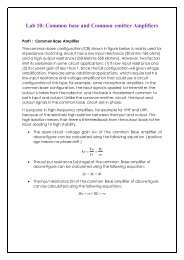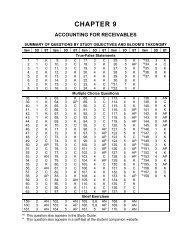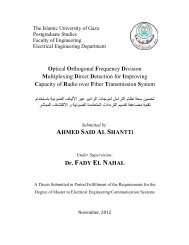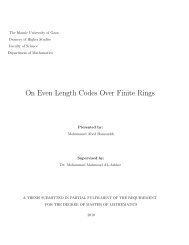A prActicAl guide Benchmarking in european Higher education
A prActicAl guide Benchmarking in european Higher education
A prActicAl guide Benchmarking in european Higher education
Create successful ePaper yourself
Turn your PDF publications into a flip-book with our unique Google optimized e-Paper software.
Accreditation<br />
Accreditation is a quality assessment with an attached judgment that the<br />
evaluated unit (programme or organisation) meets the m<strong>in</strong>imum standards<br />
required to operate <strong>in</strong> a national higher <strong>education</strong> system.<br />
Accreditation may apply to a higher <strong>education</strong> <strong>in</strong>stitution or e.g. a faculty,<br />
giv<strong>in</strong>g it the right to award degrees (<strong>in</strong> a specific area of knowledge). Thus <strong>in</strong><br />
many European countries, higher <strong>education</strong> <strong>in</strong>stitutions need <strong>in</strong>stitutional<br />
accreditation before they are given the right to operate. Another example is<br />
the accreditation of bus<strong>in</strong>ess schools by the European Quality Improvement<br />
System (EQUIS – see www.efmd.org/equis), <strong>in</strong>tended to dist<strong>in</strong>guish highlyachiev<strong>in</strong>g<br />
bus<strong>in</strong>ess schools.<br />
Alternatively it may apply to a certa<strong>in</strong> study programme, which is recognised<br />
to be of a certa<strong>in</strong> nature and level (e.g. a bachelor’s degree <strong>in</strong> biology). Moreover,<br />
accreditation of a study programme may have consequences for its<br />
graduates’ enter<strong>in</strong>g a profession. For <strong>in</strong>stance, <strong>in</strong> some countries graduates<br />
from an accredited programme are exempt from hav<strong>in</strong>g to pass exam<strong>in</strong>ations<br />
to become registered <strong>in</strong> a professional organisation.<br />
Accreditation has official, often legal consequences and is therefore a procedure<br />
with heavy emphasis on form<strong>in</strong>g op<strong>in</strong>ion statements that can be upheld<br />
<strong>in</strong> adm<strong>in</strong>istrative or legal procedures. One important consequence of this is<br />
that accreditation almost <strong>in</strong>variably proceeds from previously-published<br />
standards. For <strong>in</strong>stitutional accreditation such standards may be of an organisational<br />
nature and <strong>in</strong>clude e.g. numbers of full professors. For study<br />
programmes standards concern the curriculum, staff and facilities, or (<strong>in</strong>creas<strong>in</strong>gly)<br />
knowledge and other competencies of graduates. Sometimes,<br />
such programme standards are called ‘subject benchmarks’, although <strong>in</strong> the<br />
UK, where the term was <strong>in</strong>troduced <strong>in</strong> the 1990s, these ‘subject benchmarks’<br />
were not obligatory and were used <strong>in</strong> a quality assessment process not lead<strong>in</strong>g<br />
to formal accreditation.<br />
A Practical Guide - <strong>Benchmark<strong>in</strong>g</strong> <strong>in</strong> European <strong>Higher</strong> Education<br />
21



